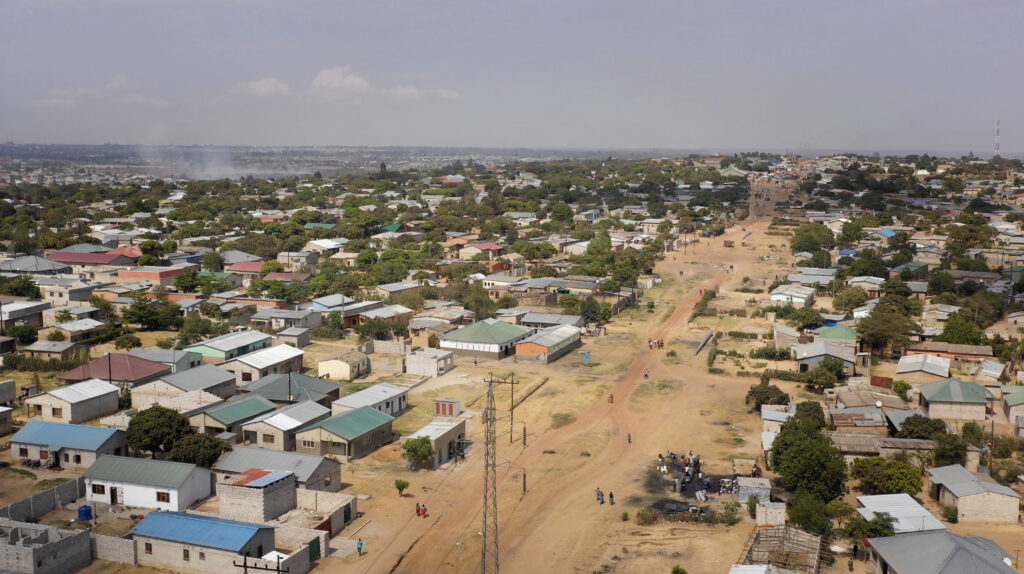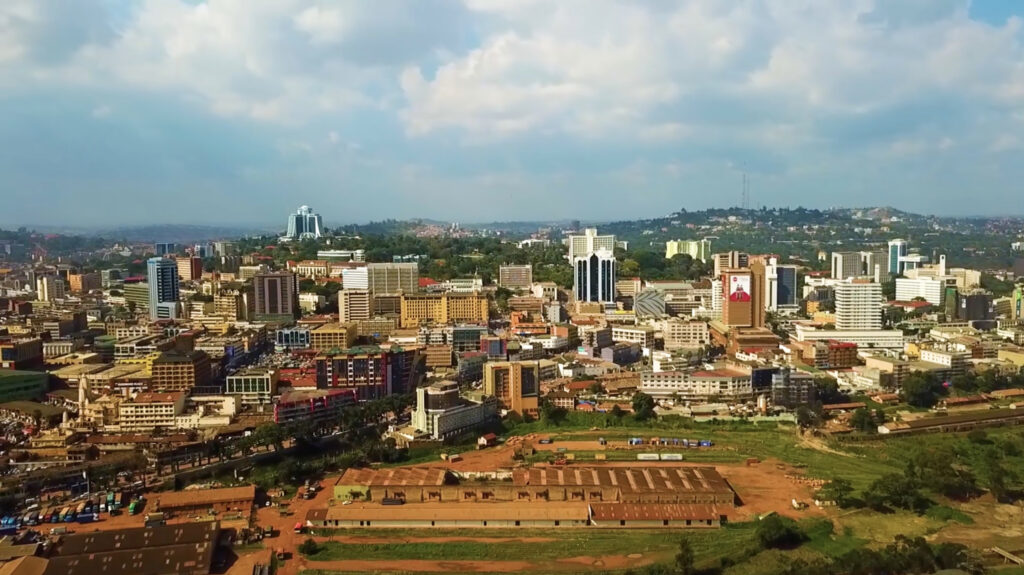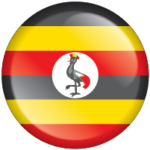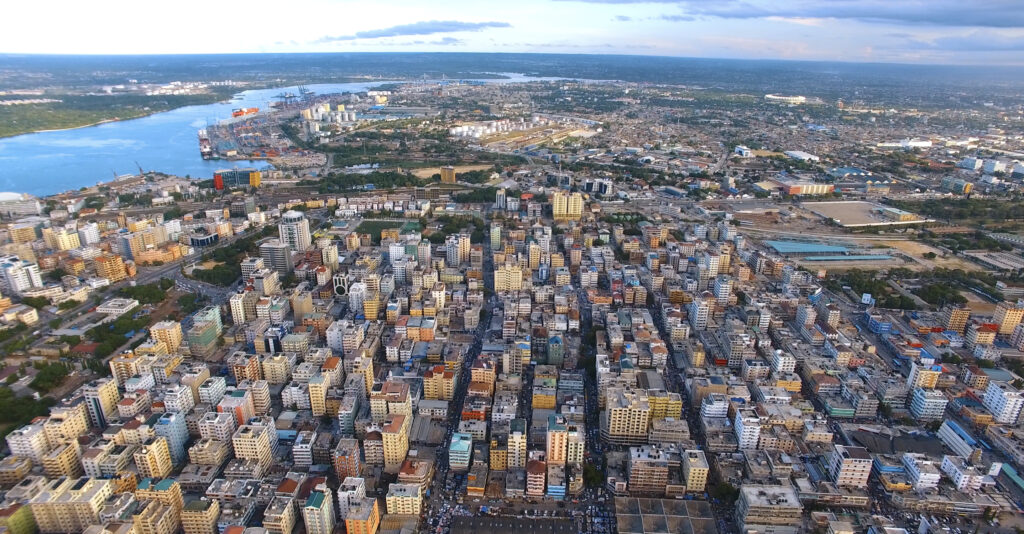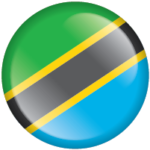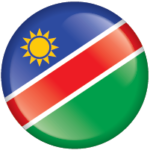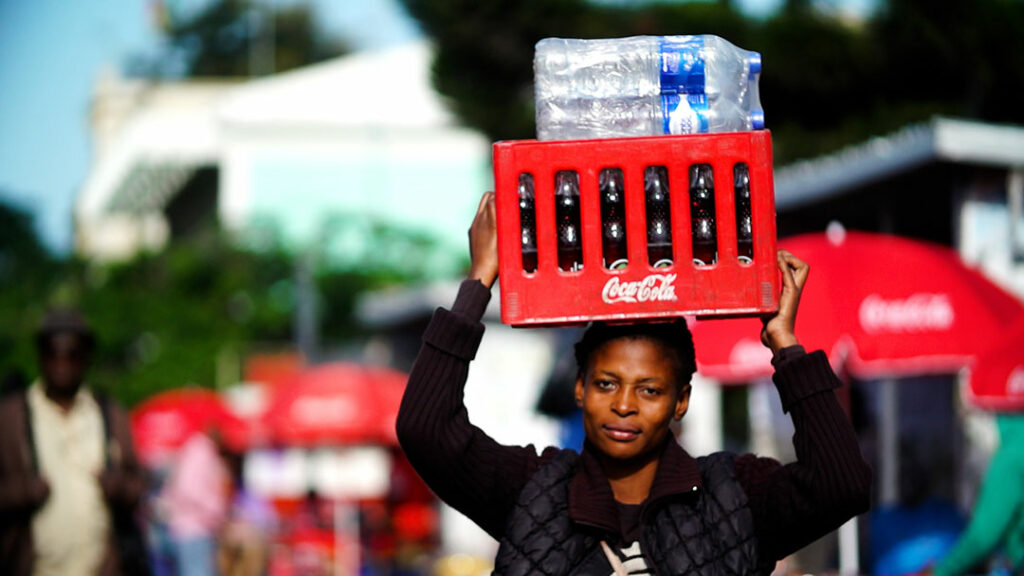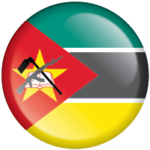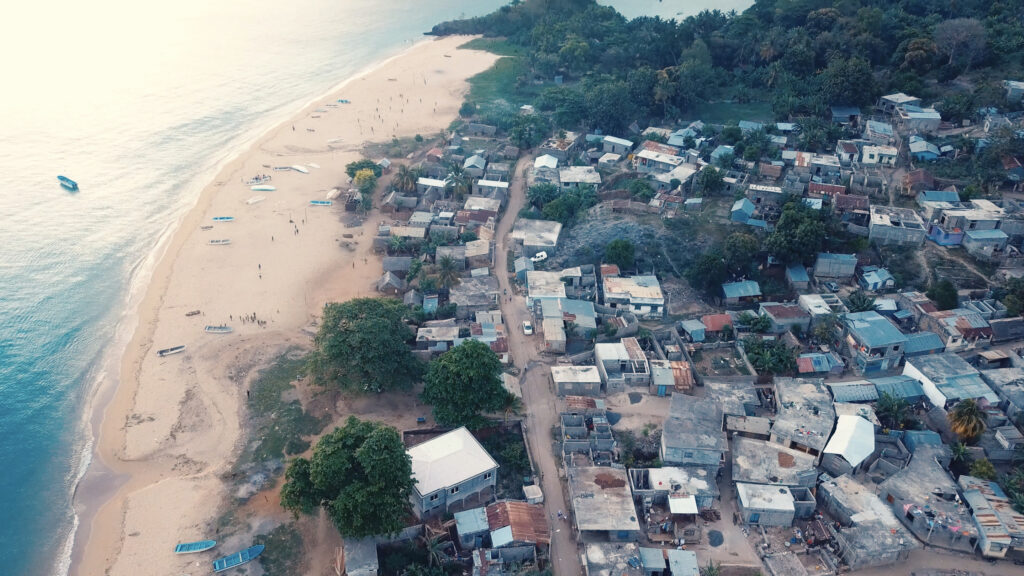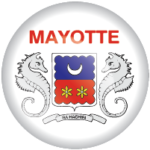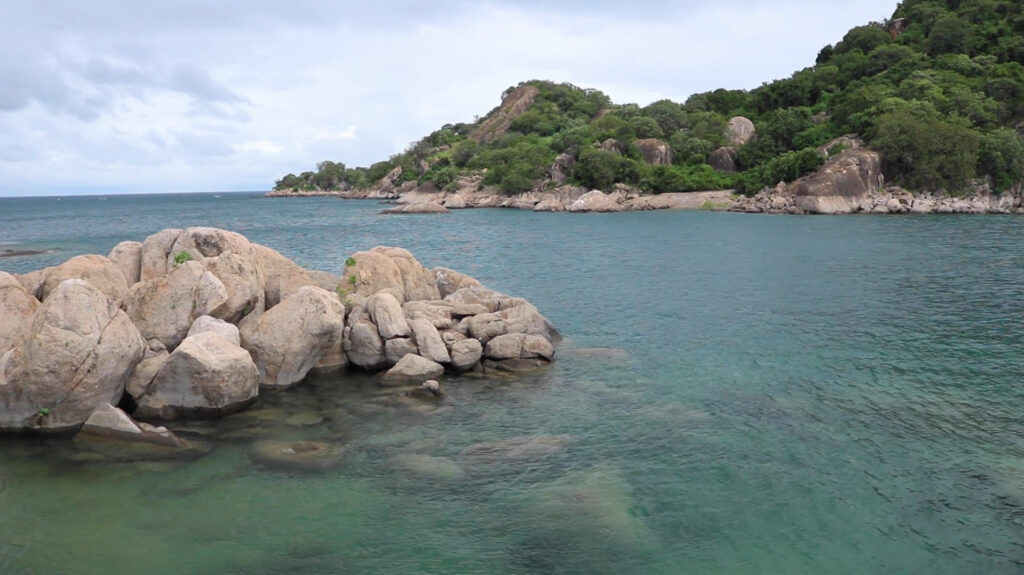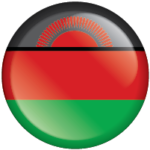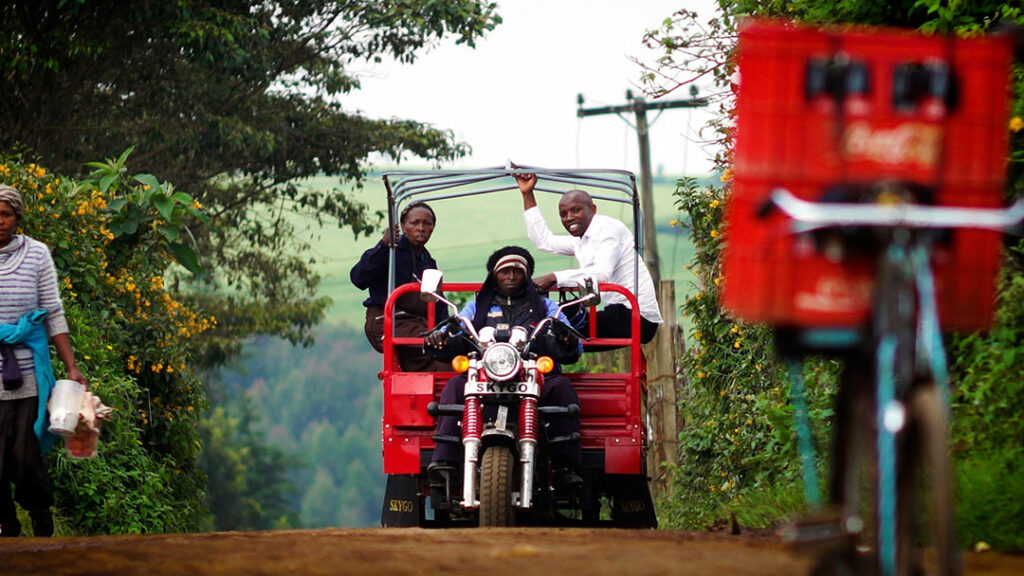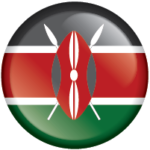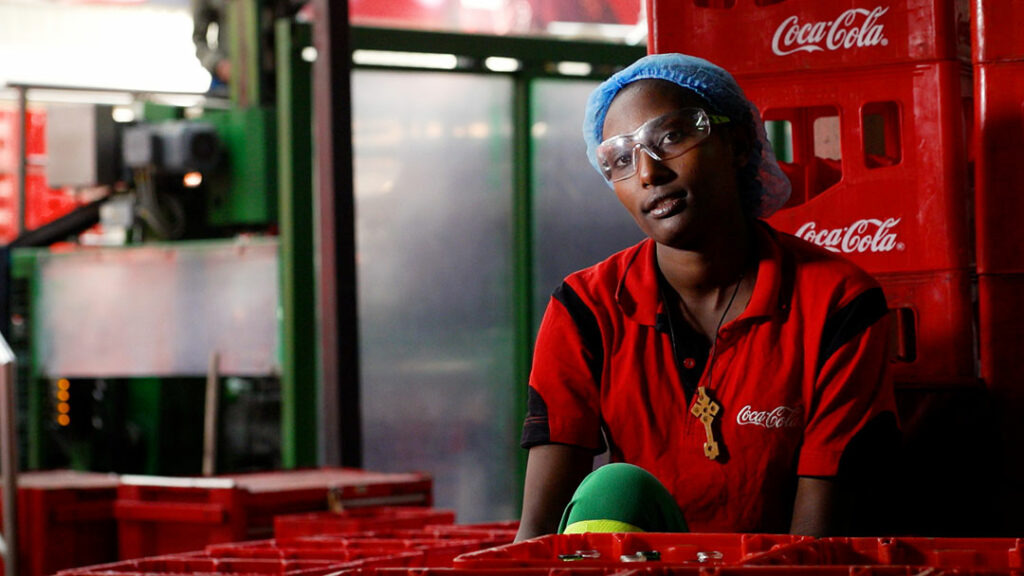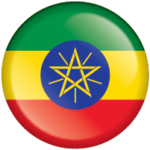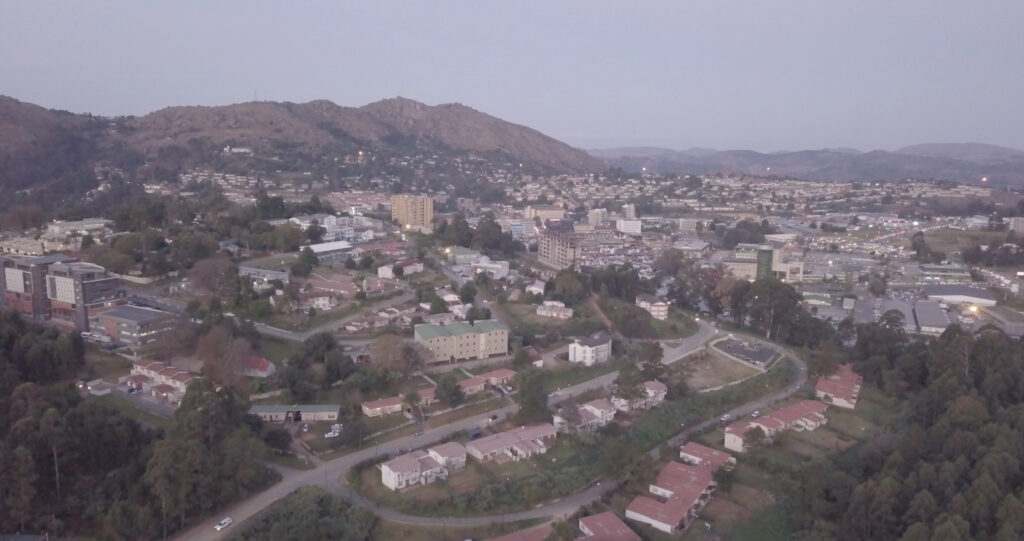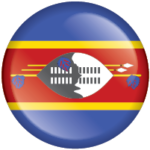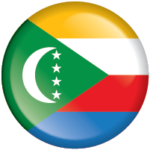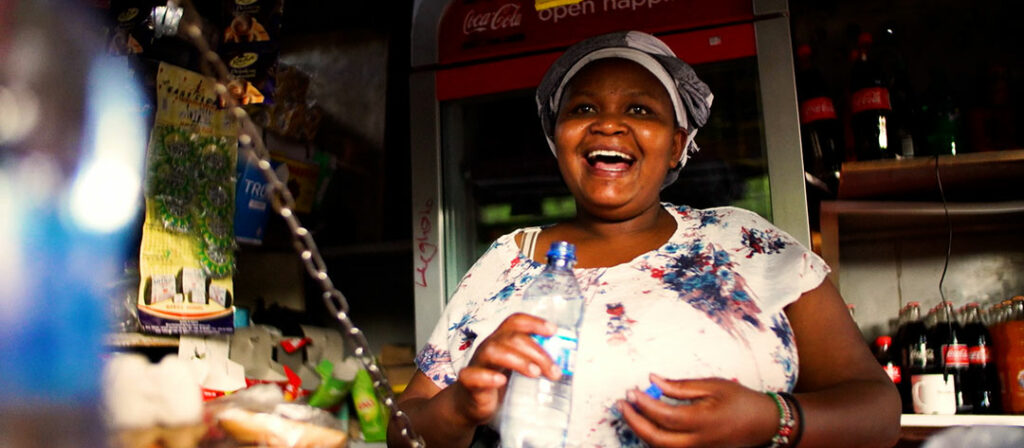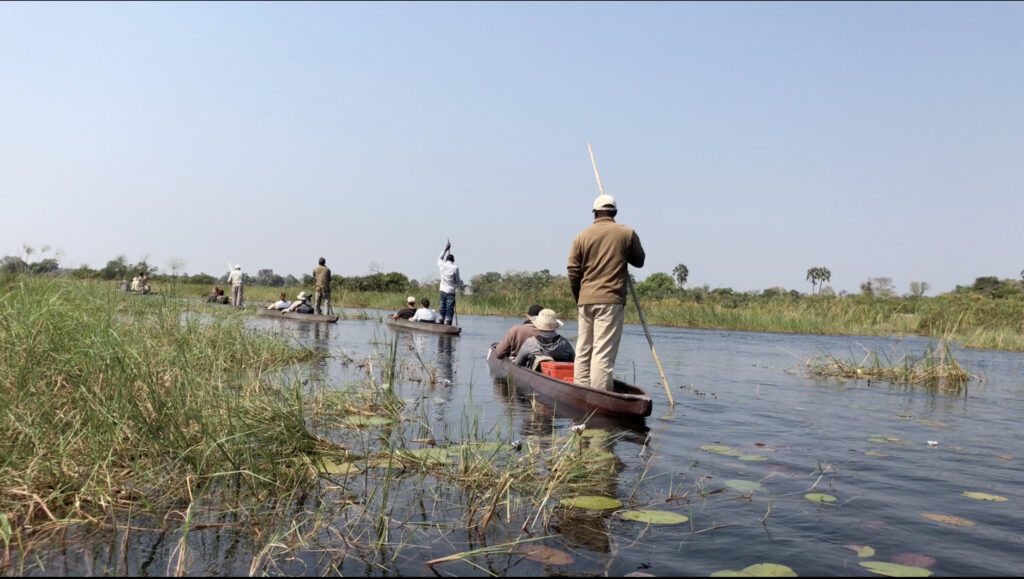Dar es Salaam – A group of 400 young food vendors are being supplied with equipment to support their businesses, as well as training and mentorship that will help them step up to the next level, with the support of Coca-Cola Kwanza (CCK).
The 400 were selected from the almost 700 applications received after Coca-Cola Kwanza, a subsidiary of Coca-Cola Beverages Africa, advertised for young entrepreneurs to join the programme in April. The initiative, dubbed “Chipsika Kiajira na Coke”, has proved so popular that a second training session is planned for July.
The programme will provide the young food vendors with all the tools of the trade, including a gas stove, gas cylinder, a food cabinet, a cooler, and branded chairs and tables. It is focused on youth who serve Tanzanian hot favourite, fried potato chips.
In partnership with the Institute of Social Work, the programme will offer training and mentorship, including record keeping, stress management and growing capital.
“As a subsidiary of Coca-Cola Beverages Africa, we are a proud industry leader in developing increasingly sustainable ways to manufacture, distribute and sell our products,” said Salum Nassor, Public Affairs, Communication and Sustainability Director at CCK.
“We use our industry leadership to be part of the solution to achieve positive change in the world and to build a more sustainable future for our planet.
“Our aim is to create greater shared opportunity for the business and the communities we serve across the value-chain. Opportunity is more than just money, it’s about a better future for people and their communities everywhere on the African continent.
“The “Chipsika Kiajira na Coke” initiative is an example of how Coca-Cola Kwanza promotes economic inclusion of youth by supporting young entrepreneurs to develop and grow their businesses,” said Nassor.
“When we grow our business the right way, not just the easy way, we help create inclusive growth opportunities for our communities, women and youth, our customers, our employees and our shareholders, for a better shared future.”
“We define economic inclusion as opening gainful economic opportunities to under-served communities by providing access to markets that boost income and yield decent and sustainable earnings, whilst leveraging the business and the industry,” said Nassor.
“We understand that our business can only thrive when the communities we serve thrive too. Investing in communities ensures our business sustainability. Most of all, we are all Africans and are part of our communities.
“CCBA has adopted the pillars of employability and entrepreneurship as a framework for its economic inclusion strategy,” said Nassor.
“We have a particular focus on current or potential entrepreneurs with the possibility to link to the Coca-Cola value chain today or in the future, and our “Chipsika Kiajira na Coke” youth economic inclusion programme is a great example of this strategy in action.”
